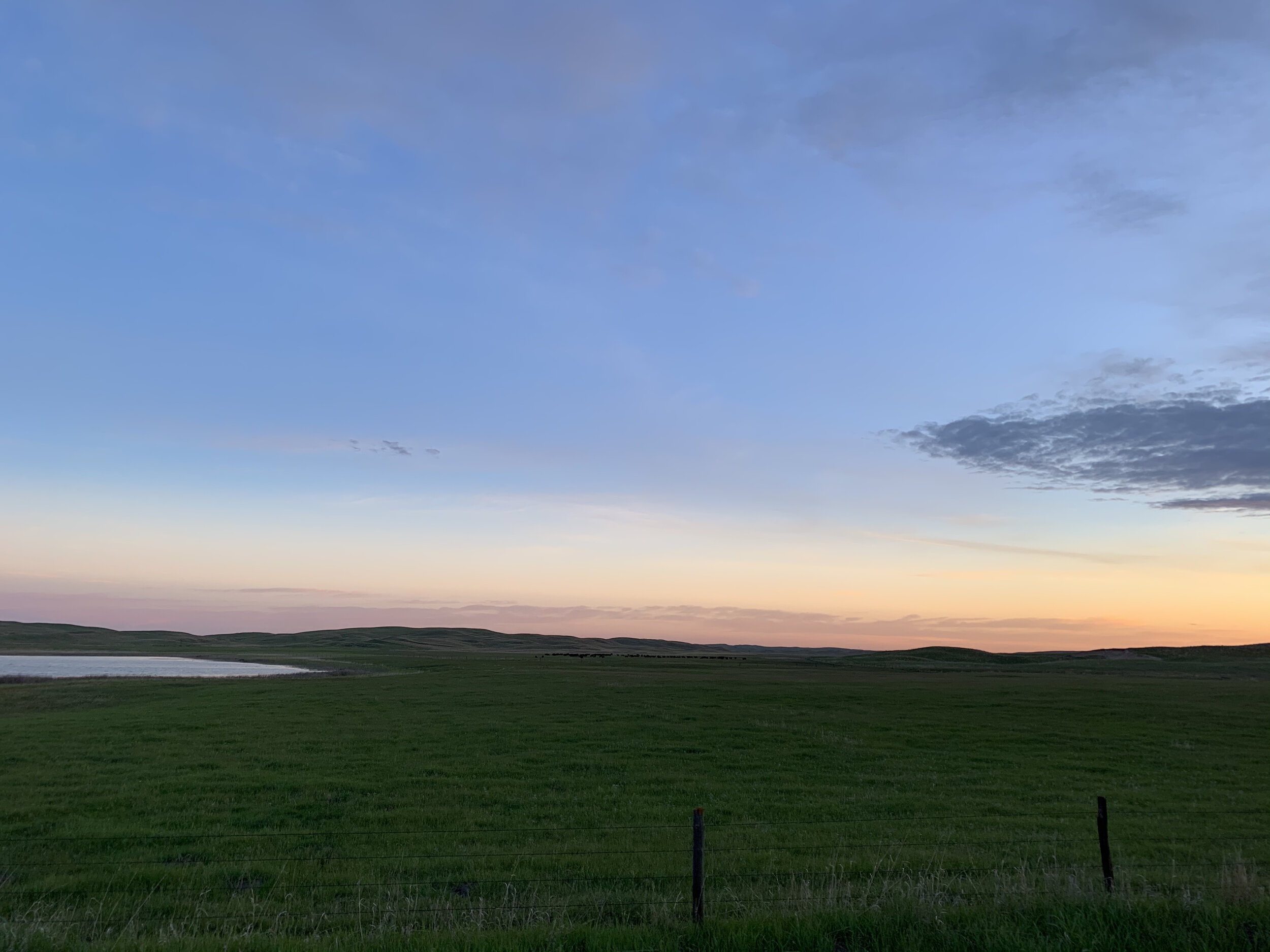The Rural Review
An online journal produced in conjunction with the Rural Reconciliation Project.
The Rural Review publishes digests of important academic contributions, program information, blog-style commentary, and periodic roundups of rural items from across academic disciplines and scholarly media.
Contributions from interested authors are welcome. Find our author guidelines here.
Stavroulaki: The Healing Power of Antitrust
In The Healing Power of Antitrust, author Theodosia Stavroulaki (Gonzaga University School of Law) examines both the issue of rural hospital deserts and how anti-trust law can help to protect and ensure health care services for rural populations.
Hibbeler & Mars: A Model for Borderland Conservation Communities of Practice
In Overcoming Episodic Political Uncertainties and Tensions: Borderland Conservation Communities of Practice and the Bridging and Linking of Social Capital, Kari Hibbeler and Matthew M. Mars (both Agricultural Education, Technology & Innovation, University of Arizona) consider how political uncertainty and tension affect the formation and function of wildlife conservation initiatives along the borderland between the US and Mexico. Drawing on feedback from semi-structured interviews with fifteen conservation professionals along the southeastern Arizona (AZ) and northcentral Sonora, Mexico (SO) borderland region, Hibbeler and Mars propose a borderland conservation communities of practice (BCCsP) model that encourages collaboration between the agencies and organizations.
How an Act Focusing on Native American Artifacts and Remains May Give Indigenous Communities More Bargaining Power
The Native American Graves Protection and Repatriation Act (NAGPRA) made headlines in early 2024 as many major American museums closed exhibits and entire wings in order to comply with new regulations governing the possession and display of Native American cultural artifacts and funerary objects. But the recent regulatory changes have the potential to affect more than museum displays—they may give reservation residents a stronger say in what the government does on their land.
Fisher Page & Farrell: Disentangling Rural Access to Justice and the Rural Attorney Shortage
In One Crisis or Two Problems? Disentangling Rural Access to Justice and the Rural Attorney Shortage authors Daria F. Page and Brian R. Farrell (University of Iowa College of Law) examine the relationship between rural access to justice and a growing shortage of rural attorneys. In particular, the authors argue that conflating rural access to justice with a shrinking number of rural attorney’s fails to effectively address rural justice access.
Roundup: August 30, 2024
A periodic collection of recent research, analysis, and other notable rural items.
Hafiz: The Law of Geographic Labor Market Inequality
In The Law of Geographic Labor Market Inequality, Hiba Hafiz (Boston College Law) explores the legal sources of the relationship between employer power and geographic inequality. Hafiz challenges the spatial equilibrium hypothesis, a view that market forces will correct geographic divergence, by examining empirical evidence and federal regulation of the labor market.
Anderson & Johnson: The Politics of a Just Energy Transition
In The Spatial and Scalar Politics of a Just Energy Transition in Illinois, Shannon Anderson and McKenzie Johnson (both Natural Resources and Environmental Sciences, University of Illinois at Urbana-Champaign) evaluate the political climate and decision-making processes surrounding Illinois’s 2021 Climate and Equitable Jobs Act (CEJA), which established clean energy mandates with an emphasis on social equity.
Walton: Misrecognition and Well-Being
In Misrecognition and Well-being in Culturally White Northern England, author Emily Walton examines the social experience of rural racial minorities. Walton’s research outlines the social experience of minority populations in rural areas, and how such interactions impact racialized minorities’ health and sense of belonging.









